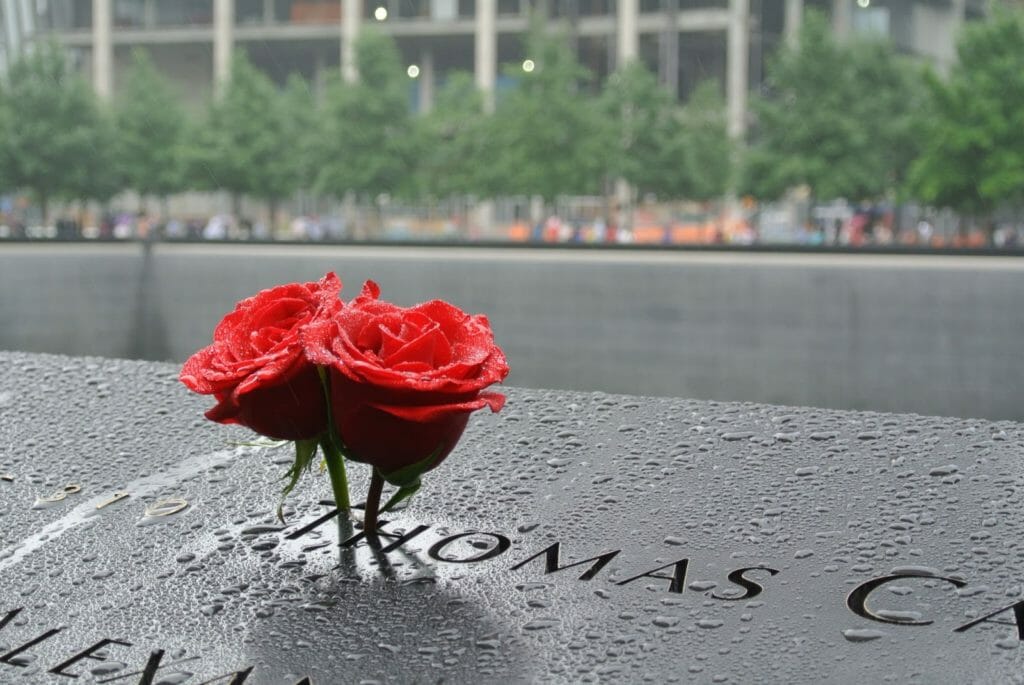Filing a claim with the September 11th Victim Compensation Fund (VCF) can be a confusing process. There are numerous regulations involved — and procedures that must be followed — to be compensated for your 9/11-related health condition. While it is the VCF’s objective to ensure each eligible responder or survivor receives the monetary award to which they’re entitled, there are several common reasons why a claim might be denied.
Here are five things eligible responders and survivors can do to help avoid VCF claim denial:
1. Register by the Applicable Deadline
It’s crucial to understand that the VCF’s claim filing cut-off date is different from the registration deadline. While all eligible responders and survivors must file their claims by October 1, 2090, they are first required to register with the VCF in order to do so.
The registration deadline is different for everyone depending on when their condition was certified by the WTC Health Program. The earliest date by which eligible responders and survivors need to register with the VCF is July 29, 2021. Critically, this deadline applies to those with 9/11-related health conditions that were certified before July 29, 2019. Otherwise, responders and survivors have two years to register with the VCF from the latest date of certification.
2. Provide Proof of Presence
To be eligible for compensation from the VCF, a responder or survivor must provide proof that they were present in the NYC Exposure Zone at any time between September 11, 2001 and May 30, 2002. The VCF will consider certain documentation to prove presence, including employment records, school records, a rental agreement, or affidavits from eyewitnesses. In some cases, the VCF may also request additional information concerning presence to process a claim.
When establishing presence, it’s essential to provide a specific location — “Ground Zero” is not considered sufficient for the purpose of satisfying the VCF’s presence criteria. The VCF requires that you provide an exact address, cross streets or a landmark. Failure to do so could result in denial of your claim for procedural reasons.
3. Ensure That Your Claim Submission is Complete
There are various forms that must be submitted to the VCF along with your claim submission. These forms can vary based on the circumstances of your claim. It’s important to know which ones are required to ensure you include them with your claim package — and you avoid receiving a “missing information letter.”
The VCF may give you an opportunity to provide any necessary information that you didn’t initially include with your claim. However, if the supporting documentation isn’t submitted within the specific time frame required by the VCF, your claim could be denied.
4. Obtain WTC Health Program Certification for Your Eligible Condition
To receive compensation from the VCF, you must have been diagnosed with at least one health condition linked to 9/11. The VCF recognizes numerous physical conditions and illnesses that are eligible for compensation, including all cancers, aerodigestive disorders, acute and traumatic injuries, and musculoskeletal conditions. Significantly, the VCF will not consider any claim — or award compensation — unless your 9/11-related health condition was first certified by the WTC Health Program.
5. Discontinue Any Pending 9/11 Lawsuits
Generally, a responder or survivor cannot have an active 9/11-related lawsuit at the time they file a claim with the VCF. You may either pursue litigation or seek compensation from the VCF, but you cannot do both.
However, the VCF will consider a claim for compensation if a 9/11 lawsuit was commenced after December 22, 2003 and the settlement was tendered before January 2, 2011. The VCF will also consider a claim if a lawsuit was brought under the Justice Against Sponsors of Terrorism Act or the U.S. Victim of State Sponsored Terrorism Fund.
Appealing a VCF Claim Denial
If the VCF denied your claim and found you ineligible for compensation, you might consider filing an appeal if you believe the decision was made in error. The VCF will review your Appeal submission to determine whether your request is valid and schedule you for a hearing. Importantly, strict timelines apply to the appeals process — if they are not met, you could be barred from pursuing compensation.
Contact a New York City 9/11 Victim Compensation Fund Attorney
Navigating the VCF regulations involved with filing a claim or appealing a claim denial can be overwhelming. It’s best to have an experienced 9/11 Victim Compensation Fund Attorney on your side to guide you through the process and ensure you receive the monetary award you deserve for your 9/11-related health condition.
The 9/11 Victim Compensation Fund attorneys at The Dearie Law Firm, P.C. have represented claimants and their families in 9/11 VCF claims for over a decade. For a free consultation, contact us today.

